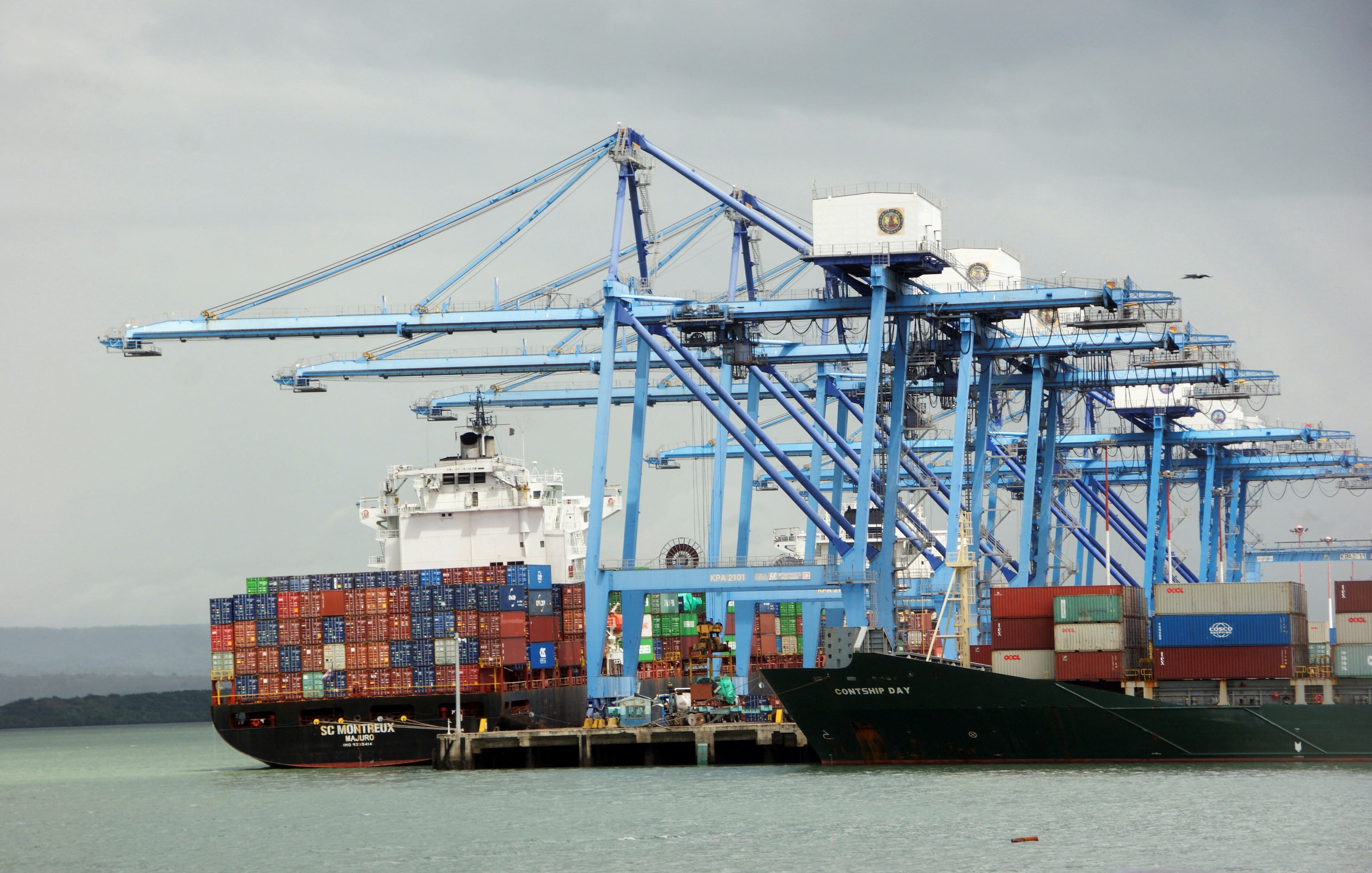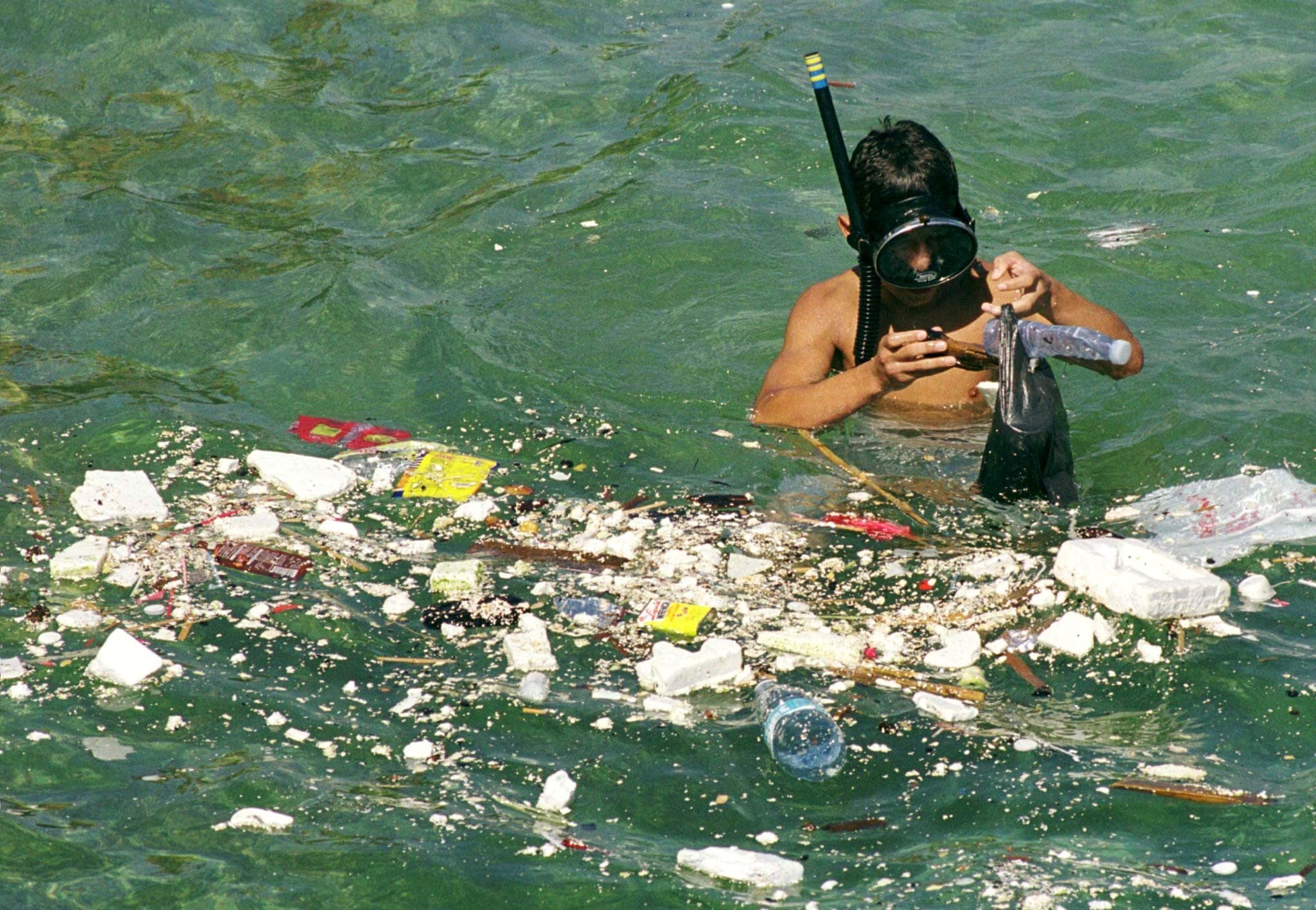Do we need a Paris Agreement for tech? Here’s what world leaders and tech chiefs say

Tech governance is complex and multifaceted.
Image: Photo by ThisisEngineering RAEng on Unsplash
Stay up to date:
Technological Transformation
- The potential for emerging tech to solve the world’s most pressing issues is equal to the challenge of mitigating the risks. These range from ethics to privacy and cybersecurity to freedom of speech.
- Government and business leaders agree on the need for rules, or a framework for emerging tech.
- There is consensus that this will require an intersectional, multistakeholder collaboration that cuts across nations and industries so that inconsistencies are avoided and inclusivity is prioritized.
The first Global Technology Governance Summit brings heads of state and business leaders together this week to address global rules for emerging tech. COVID-19 has spurred an acceleration of tech adoption and the governance urgently needs to catch up.
In 2015, 179 countries and the EU spent two weeks in Paris hammering out the final wording of an agreement to keep global temperature increase well below 2°C. It marked a global commitment to address one of the biggest challenges facing the world.
As the world now looks to a period of recovery post COVID-19, a similar moment of global reckoning on tech governance has reached an inflection point.
Technology has been the solution to many of the crises of the past year but defining the rules around how we use it as we move forward will map future resilience. The immediate needs for a global framework around tech governance are multifaceted and increasingly compelling.
Tech innovation raises ethical issues. As technologies become more integral to organizational processes, the ramifications of their usage need scrutiny. Some applications, devices, and systems pose ethical dilemmas related to privacy or algorithmic bias, which risk exacerbating societal inequities while also carrying potential for reputational and even financial risks for organizations.
What is the Global Technology Governance Summit?
With the growing dependence on technologies, it is also vital for businesses to tackle the rising threat of cybercrime and increase their cyber maturity. And in a world where social media is where many people get their information, and if we value freedom of speech as a cornerstone of democracy, what can be done to combat dangerous misinformation?
Digital inclusion is another area that requires close attention. Sheila Warren, Head of Blockchain and Data Policy at the World Economic Forum says, “The separation between who we are online and who we are in real life is so blurry, it’s almost meaningless… and yet 3.4 billion people in the world have no access to the internet at all.”
Tech governance is complex and multifaceted. The following perspectives from a range of leaders at recent events such as GTGS but also January's Davos Agenda show the many issues that must be taken into account:
Bridging divides
S Iswaran, Minister for Communications and Information of Singapore calls for “a collective response from public, private and people sectors to bridge the divide, so everyone feels they’re a part of this digital future. It must involve all parties."
Accept our marketing cookies to access this content.
These cookies are currently disabled in your browser.
His statement reflects an emerging consensus on the need for an intersectional approach to agree new rules to manage the risks and harness the potential of technology to transform and improve the way the world operates.
Among these challenges for setting standards is also a concerning blurring of boundaries between Big Tech and policy, where companies are empowered to make decisions without the requisite checks and balances. The tension between boardroom decision-making and parliamentary processes is undefined and requires a joint-up approach. It is a tension – but it is also something that public and private sectors seem keen to resolve.
Government's new role
Suga Yoshihide, Prime Minister of Japan, in his special address at the start of the summit, highlights three actions for governments to push a just and equitable digital transition: making digital investments; preparing a sound competitive environment; and contributing to shaping the international order.
His focus on technology as a cornerstone for policy-making is echoed by leaders around the world.
Accept our marketing cookies to access this content.
These cookies are currently disabled in your browser.
Adapting for impact
Earlier this year at The Davos Agenda 2021, a range of leaders discussed tech's impact on everything from citizenry to democracies. China's President Xi Jinping called for a “people-centred and fact-based policy orientation, exploring and formulating rules on global digital governance.” The United Nations Secretary General, Antonio Guterres, said “We see fragility in cyberspace, with no consensus on how to take full profit of the digital world that we increasingly depend on.” The EU's Ursula von der Leyen warned that “the business model of online platforms has an impact, not only on free and fair competition, but also on our democracies”.
Accept our marketing cookies to access this content.
These cookies are currently disabled in your browser.
Looking ahead
Lee Hsien Loong, Prime Minister of Singapore, said, “Governments and businesses must look ahead and must collaborate to tap new markets and develop novel technologies. Externally, governments need to strengthen the framework for international cooperation”.
At this week’s summit, three important figures, had equally important messages on the future of technology – Salesforce’s Marc Benioff , YouTube’s Susan Wojcicki and Siemens’ Jim Hagemann Snabe – offered business insights into the “Technology Governance Outlook” sessions.
For Benioff, he is optimistic that technology can be used to improve the state of the world. He sees climate change as a critical underpinning of the Fourth Industrial Revolution and a means to harness data and use technology in ways that can make the world more sustainable. He welcomes the idea that CEOs are committing to transparent reporting and sharing of data when it comes to achieving milestones towards the SDGs, for example.
Benioff says, “When we think about climate change, we think about 4 elements. 1) Emission reduction – how do we emit less? 2) How do we sequester? How do we grab the carbon that’s already out in the environment? 3) How do we educate people on lifestyle practises to reduce climate change. And 4) How do we create new innovation and move things forward?”
Accept our marketing cookies to access this content.
These cookies are currently disabled in your browser.
Wojcicki calls for more consistency and more collaboration in governance and highlights the potential of technology to transform education and learning, job creation and enable significant medical advances. She stresses YouTube’s role as a video library, giving people access to information to enrich their lives in new and different ways. She explains how “Every creator is a next generation media company”.
How do we handle this tough topic – but do so globally and do it in a consistent way?
”She supports the fact that YouTube works closely with governments around the world and says there are significant laws around governance that do currently exist, but “there’ll be a lot more going forward”. The challenges, she says, are around “speech and what should or should not be allowed on platforms”, which is a “really tough area”. She identifies the content that is “legal but could be seen as harmful” as a particular problem. “This is harder for governments to regulate and it is also content that can change very quickly.”
She highlights the challenge of different rules in different jurisdictions, “a patchwork of different policy products”. But she says what has been really effective is working with different governments and expert organizations when they come together, “you really can get a good coalition to come up with ‘how do we handle this tough topic – but do so globally and do it in a consistent way?’”.
Snabe touched on the issue of jobs and reskilling, causes for optimism as tech looks set to solve the world’s biggest problems and the importance of bringing a moral compass into the tech world that would stand up just as well in the “normal world”.
There is a fundamental moral human compass that needs to be taken into the digital world
”On handling the transition to automation, he says, “we don’t need to protect jobs, we need to protect people. We need to reskill people.”
Companies should take an “active role” in reskilling and equipping people for the jobs of the future. He says this is “good for people and it’s good business” and “the restructuring costs – spending money to give people skills for the future – seems like a much better way to handle the transition.”
Accept our marketing cookies to access this content.
These cookies are currently disabled in your browser.
He suggests a top down and bottom up approach to tech governance, which addresses three questions:
1. How do we use data without losing privacy?
2. How do we use platforms without creating monopolies?
3. And how do we use AI without losing control and our democracies?
“We need a bottom up revolution which is about inspiring people who actually use technology to be responsible and do what you would do in normal life. In normal life, you don’t steal. If you send a letter by post you don’t expect the mailman to open the letter… There is a fundamental moral human compass that needs to be taken into the digital world.”
Accept our marketing cookies to access this content.
These cookies are currently disabled in your browser.
Don't miss any update on this topic
Create a free account and access your personalized content collection with our latest publications and analyses.
License and Republishing
World Economic Forum articles may be republished in accordance with the Creative Commons Attribution-NonCommercial-NoDerivatives 4.0 International Public License, and in accordance with our Terms of Use.
The views expressed in this article are those of the author alone and not the World Economic Forum.
Related topics:
Forum Stories newsletter
Bringing you weekly curated insights and analysis on the global issues that matter.
More on Global CooperationSee all
Michael Spence
August 22, 2025
Nii Simmonds and David Timis
August 18, 2025
Natalie Pierce
August 12, 2025
JJ Enoch
August 6, 2025
Eric Holst
August 4, 2025
Catherine Chevauché
August 4, 2025





